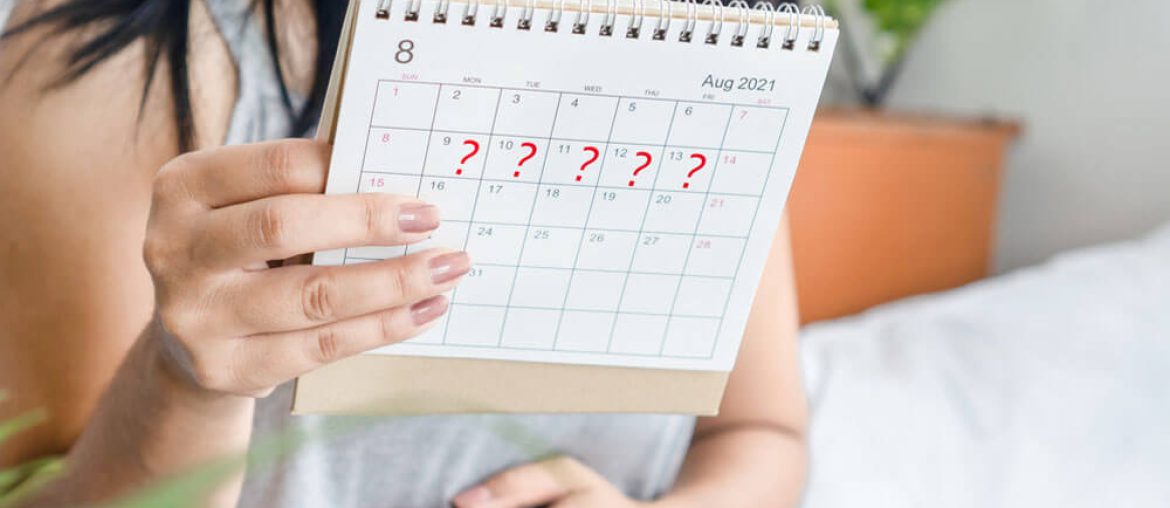What are combined birth control methods, and how do they work?
Some types of birth control contain 2 hormones (estrogen and progestin) that are like hormones all women have in their bodies naturally. These types of birth control are called “combined birth control methods.” They come in pills you take by mouth, a ring you wear in your vagina, or a patch you wear on your skin. Combined birth control methods stop you from getting pregnant by keeping your body from ovulating (releasing eggs from your ovaries).
Why do women have monthly bleeding with the combined birth control methods?
Usually, you use a combined birth control method for 21 days. Then the next 7 days you take a pill that has no hormones in it (placebo pill), stop taking pills, or do not use the ring or patch. These last 7 days of the month are called the hormone-free days. During these hormone-free days, you will have bleeding like a period. This bleeding is not a normal period that is caused by a cycle of hormone changes in the body. This bleeding during the hormone-free days happens because you have stopped the birth control method. It is called withdrawal bleeding because hormones have been withdrawn (stopped).
Do I have to have monthly bleeding while using combined birth control methods?
If you do not want to have bleeding once a month while using combined birth control methods, you can keep using the pills, ring, or patch every day. You do not have to take the placebo pills, stop the pill, or remove the ring or patch for the last 7 days of the month. You can skip the hormone-free days for a few months at a time, or you can skip the hormone-free days all the time. You will not have bleeding like your period (withdrawal bleeding) when you keep using the combined birth control method and skip the hormone-free days.
Why should I have monthly bleeding while using combined birth control methods?
There is no known medical reason why you need to have monthly bleeding while using combined birth control methods. The hormone-free days create monthly bleeding once every 4 weeks that is similar to monthly periods because this may seem more natural to some women.
What are the reasons not to have monthly bleeding while I am using combined birth control methods?
Some women have problems such as bad cramps, bloating, and headaches when they have monthly bleeding. These problems will go away or get better if they skip the hormone-free days. Some women have other medical problems that would be helped by not having monthly bleeding such as anemia (low iron) or a blood-clotting disease. Sometimes women want to not have bleeding during a special event like a honeymoon, or because of their work, such as women in the military. And some women want to bleed less often than once a month or even never.
Are there other reasons to not have monthly bleeding?
Bleeding less often is one reason women may avoid the hormone-free days every month. Also, it may be easier to remember to use your birth control method if you do not have hormone-free days because you won’t have to remember to stop and restart your birth control method. The chance of getting pregnant while you are using combined birth control methods is very small, but it may be even smaller if you do not take the hormone-free days.
What happens to the blood in my uterus (womb) if I do not bleed monthly while using combined birth control methods?
When you are using combined birth control methods, the lining of your uterus, which is called the endometrium, does not thicken each month as it does when you are not using these methods. There is no blood building up inside of your uterus if you do not have withdrawal bleeding monthly.
Are there any side effects of not taking hormone-free days on combined birth control methods?
The main side effect is that you can have slight spotting or bleeding on days when you are using your pills, ring, or patch. This is called breakthrough bleeding. It can happen even when you take hormone-free days monthly, but it is more common if you skip the hormone-free days. Breakthrough bleeding usually happens less often the longer you are on the pills, patch, or ring. If you are not taking hormone-free days and are having breakthrough bleeding for a few days, it may help to take 3 or 4 hormone-free days then restart your birth control method.
The other side effects of combined birth control methods are the same whether or not you take the hormone-free days. These side effects include nausea, breast tenderness, headache, and bloating. You will be able to get pregnant again once you stop using a combined birth control method. This is not affected by whether or not you take the hormone-free days.
Are there any women who should not take hormone-free days on combined birth control methods?
Some women want to have monthly bleeding so they can be certain they are not pregnant. They would rather take the hormone-free days every month. Some women should not use combined birth control methods at all. These include women who have had a blood clot or high blood pressure and are aged over 35 years and smoke cigarettes. Talk to your health care provider about whether it is safe for you to use combined birth control methods. Your provider also can give you more information about skipping the hormone-free days.


















